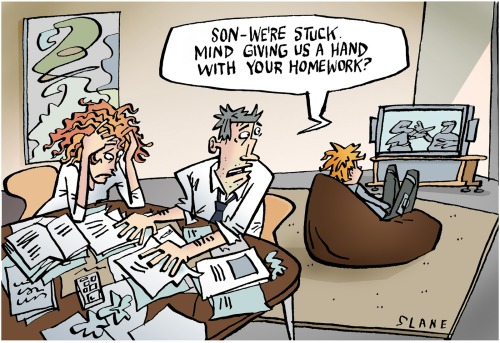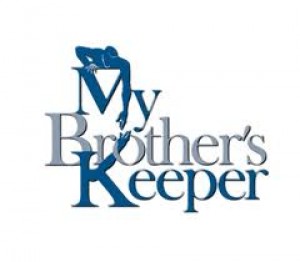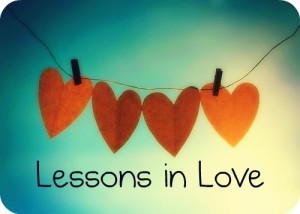Stepfather Quote & Wisdom ~ Codependency

“Always ask the turtle”
~ Gloria Steinem
Gloria Steinem, the writer and feminist movement leader, frequently shares with her audiences a story of a lesson she learned in college. Gloria was on a field trip to Connecticut River with her geology class, when she found a giant snapping turtle. The GIANT turtle had climbed out of the river, crawled up a dirt road and was in the mud on the embankment of another road.
It seemed about to crawl up on the road and risked getting smushed by a passing car. Concerned about the safety of the turtle Gloria heaved and wrestled the heavy and angry snapping turtle off the embankment and back down the road. She had just put the turtle back into the river when her geology professor arrived and asked her what she was doing.
With pride Gloria shared what she had done. The professor said, “You know, that turtle probably spent a month crawling up that dirt road to safely lay its eggs in the mud by the side of the road, and you just put it back in the river.” Gloria relates how terrible she felt afterwards, but that she learned an invaluable lesson, “Always ask the turtle.”
Codependency Defined
Codependency is defined as focusing so much on another person’s problems and needs that we forget to not take care of our own well being and emotional health. The codependent feels the need to solve another’s problems. The codependent believes their help is needed and the person in need cannot manage to make the right decisions or take the right actions to solve their own problems. Without the codependent’s involvement, disaster for the other person is guaranteed.
The Red Flags of Codependency
- Putting the thoughts, feelings, and needs of others first ~ before your own.
- Feeling you give more in your relationships than you get back.
- Finding your caring and loving feelings turning to resentment because of feeling you are giving too much and are unappreciated.
- An inability to say “no” when “no” is justified.
- Feelings of substantial insecurity in relationships where there is little to no reason to feel like the relationship is in danger of ending.
- Experiencing rejection sensitivity. This is the irrational belief others are negative towards us.
- No one enjoys being rejected, but people suffering from co-dependence are unduly hurt by other peoples slights. They also often see rejection when it isn’t there.
- Feeling like the relationship “is out of control” or that you are “out of control.”
- Feeling you won’t be OK unless the other person is in your life. People suffering from co-dependence have tremendously strong abandonment fears.
- An inability to set proper boundaries in relationships. Boundaries are where one person ends off and where one person begins. Boundaries are basically respect and good manners.
- The inability to feel validated in the relationship regardless of how often they are validated.
- Unhealthy tolerance of verbal, sexual, or physical abuse. A co-dependent person tends to view abuse as normal or the best that can be expected.
- The inability to leave the relationship under any circumstance even when most of the good feelings have left and even if severe abuse is present.
- Repeatedly engaging in self-defeating behavior in blatant and not so blatant ways.
Remember daddy’s little angel, Veruca Salt?
Henry Salt, Veruca’s dad, a permissive parent shares many of the characteristics of a codependent. For example:
- An inability to tell Veruca “no” when “no” is more than deserved.
- Putting Veruca’s needs first ~ before his own and his business.
- An unhealthy tolerance of Veruca’s tantrums.
- An inability to set proper boundaries with Veruca.
In a blended family, a codependent parent will most likely adopt a permissive parenting style. A permissive parent may be burden by guilt by having put their children through a divorce. Children need love and understanding. Not setting boundaries and not telling your child “no” isn’t a substitute for love and affection. What children need is a healthy interdependency and not codependency.
This post will be the first in a series on codependency. Please rate this post using the Stars and Thumbs below. Thank you.







